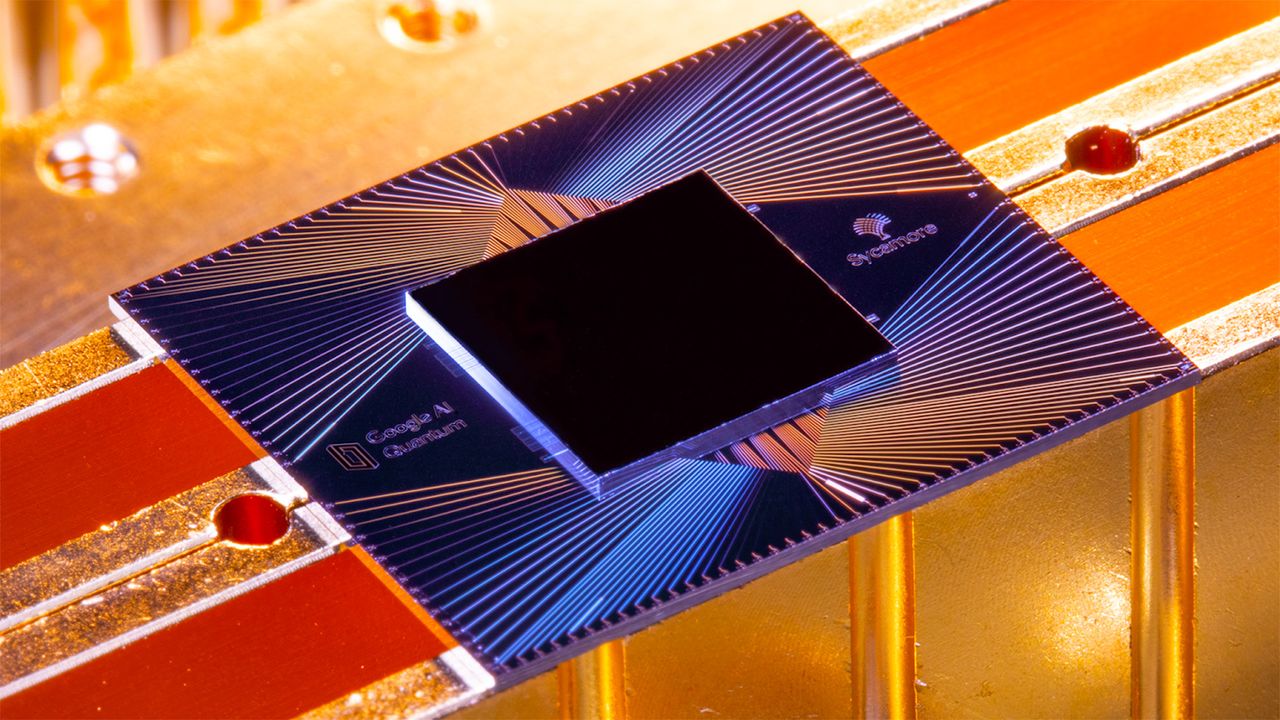With AI taking the lion’s share of the tech industry’s attention, it can be easy to forget about quantum computing. For a long time, we weren’t sure whether quantum or AI would be first to make significant waves. However, AI’s rapid advancements quickly settled that question.
Progress in quantum computing has been ticking along quietly in the background, still holding the promise of mind-boggling improvements in computation. According to the Wall Street Journal, the Trump administration is currently in talks with several quantum computing companies about the possibility of funding them in return for the US government becoming a shareholder.
These companies include IonQ, Rigetti Computing, and D-Wave Quantum. “People familiar with the matter” have indicated that discussions involve minimum funding awards of $10 million each. Unlike AI and traditional chip production, quantum computing hasn’t seen the same level of interest from the US government — this marks the first time we’ve observed significant government attention toward quantum technology.
Earlier this year, the US government took a stake in Intel. Now, quantum computing may finally be receiving some of that state support. While any potential funding isn’t expected to approach the $8.9 billion invested in Intel, it would still represent a meaningful commitment for these quantum startups, which together are not currently valued much higher than that amount.
Quantum computers operate very differently from traditional computers. Instead of bits, they use qubits, which can represent states that are, in some respects, both 0 and 1 simultaneously. Qubits hold probability states rather than definitive ones; a qubit is more or less likely to be a 0 or a 1. This unique property enables “funky” and counterintuitive math, allowing certain calculations to be performed orders of magnitude faster—potentially billions of times faster for specific tasks.
However, these applications remain limited. There is hope that, over time, quantum computers will be able to tackle a wider variety of problems, but assessing true progress is challenging due to how fundamentally quantum computing differs from traditional methods.
For example, Google recently announced a “major breakthrough” with a quantum algorithm that is reportedly 13,000 times faster than its classical equivalent. Yet, some physicists remain skeptical of such claims. Similarly, there has been pushback against Microsoft’s announcement concerning an “entirely new state of matter” used in its Majorana 1 chip.
Despite the skepticism and hurdles, quantum computing holds revolutionary potential in certain areas of computation. This potential, combined with serious national security implications—such as the power of quantum technology to crack codes—helps explain why the US government wishes to be involved in advancing quantum research and development.
As the technology develops, keeping an eye on government investment and involvement in quantum computing will be crucial, signaling how seriously this field is being taken as part of the broader tech landscape.
https://www.pcgamer.com/hardware/quantum-computing-might-get-a-morsel-of-the-financial-love-the-trump-administration-gave-intel-as-the-us-government-reportedly-considers-becoming-a-shareholder-in-several-companies/


